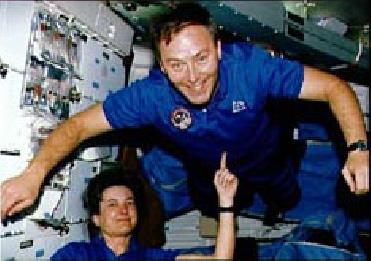
WASHINGTON, DC (BNS): NASA used for the first time a micro gravity research flight, last week, to test key systems including hardware. The flight simulated zero gravity conditions of space by flying a plane on parabolic trajectory.
A commercially owned aircraft, operated by the Zero Gravity Corporation of NASA, was used for the test. The flight lasted two hours consisting of 50 parabolas, generating up to 25 seconds of micro gravity during each parabola.
Micro gravity or weightlessness helps in developing new materials, which otherwise cannot be developed on Earth, due to its gravity. These materials are highly useful for future computers, reducing pollution, improve fiber optics and enabling medical breakthroughs.
Researchers had planned to take the flight earlier this month for four days, but it was delayed due to hurricane Ike. The first flights with the Zero Gravity Corporation took place on August 25. A NASA statement said that more flights are planned in October, November and January.
Five companies sponsored by NASA's Innovating Partnerships Program (IPP), flew experiments aboard the aircraft flights from Ellington Field in Houston. The space agency has started a program called FAST or Facilitated Access to the Space Environment for Technology Development and Training.
The companies, which are participating in the Small Business Innovation Research program, tested five new technologies Sept. 9-10. These were: Pneumatic mining under lunar gravity conditions (by Honeybee Robotics of New York), Aircraft sensor-logger operations (Metis Design Corporation of Cambridge, Mass), Micro gravity flight testing of self deploying shells (Mevicon Inc. of Sunnyvale, California), Virtual sensor test instrumentation operations (Mobitrum Corporation of Silver Spring) and Nanoflued coolant testing (nanoComposix, Inc, of San Diego, California).
The companies had fielded their representatives to fly on the aircraft and evaluate their technologies in lunar gravity conditions. NASA said the technologies would improve air and space vehicle capabilities and support the design of systems for the exploration of the moon and operations there.
Zero Gravity Corporation of Las Vegas, which is managed by NASA's Glenn Research Center in Cleveland, is part of an effort to expand the agency's use of commercial services.
A call for new proposals for FAST program flights in 2009 will be issued later this month. It will be open to any companies or organizations working on technologies of value to NASA.
Creating zero gravity conditions in an aircraft is a challenging task. On a parabolic flight path, an aircraft does not have any G-force. It is similar to an object in free fall resulting in zero gravity conditions. The inside of the airplane behaves just like a space station. The condition is achieved only momentarily as the pilot has to pull up in time to compensate for sudden loss of altitude. The aircraft can be used to train astronauts.
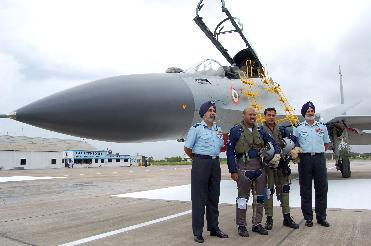 Previous Article
Previous Article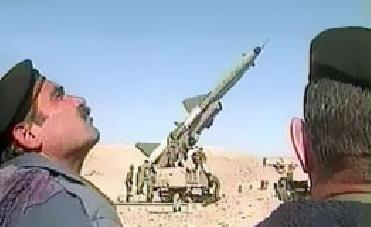 Next Article
Next Article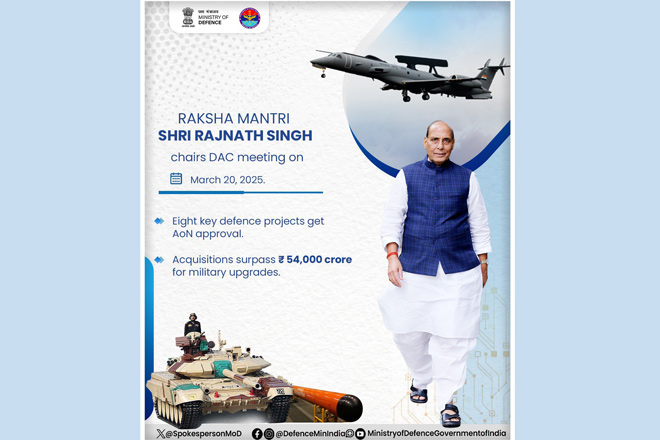

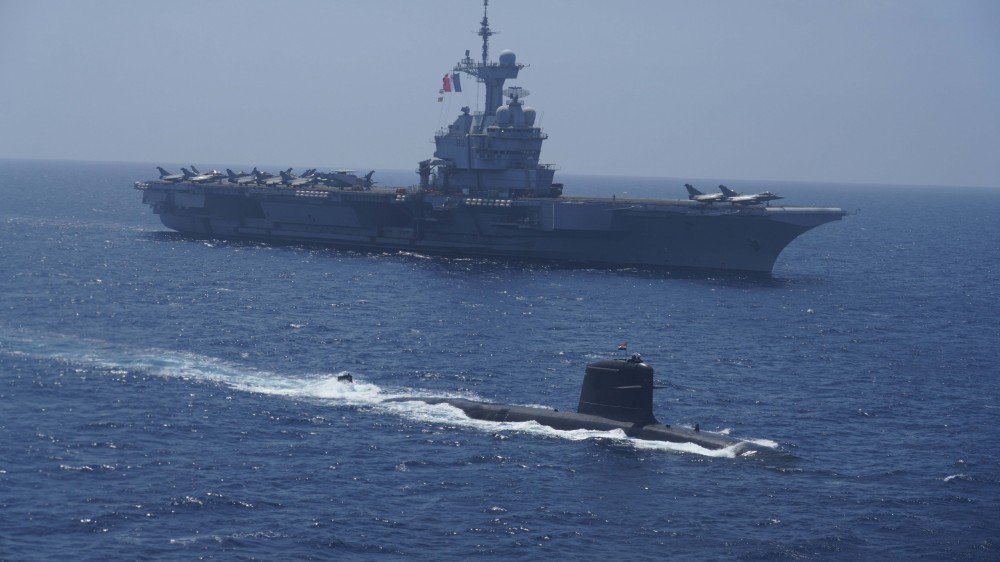
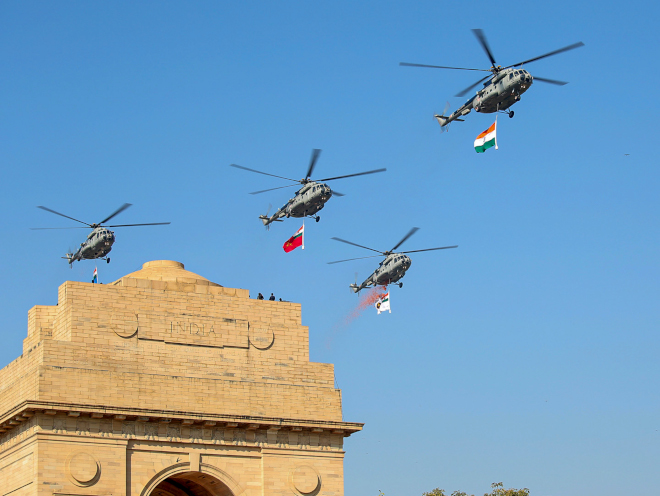










The Indian Air Force, in its flight trials evaluation report submitted before the Defence Ministry l..
view articleAn insight into the Medium Multi-Role Combat Aircraft competition...
view articleSky enthusiasts can now spot the International Space Station (ISS) commanded by Indian-American astr..
view article